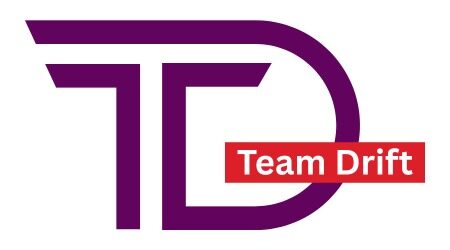The South African Social Security Agency (SASSA) has officially announced the July 2025 payment dates for its major social grants, including the Older Person’s Grant, Disability Grant, and Child Support Grant. These grants continue to serve as essential financial support for millions of South Africans who rely on them for daily needs like food, transport, school costs, and medical care.
If you are one of the many beneficiaries, it’s important to mark your calendar — here’s everything you need to know about when and how payments will be made in July 2025.
Confirmed SASSA Grant Payment Dates for July 2025
SASSA follows a staggered payment system to reduce queues and manage crowding at ATMs, post offices, and retail partners. Here are the confirmed grant dates for July 2025:
| Grant Type | Payment Date |
|---|---|
| Older Person’s Grant | Tuesday, 2 July 2025 |
| Disability Grant | Wednesday, 3 July 2025 |
| Child Support Grant | Thursday, 4 July 2025 |
These dates apply nationwide across all provinces. Payments are released in order, starting with seniors, followed by disability recipients, and finally, caregivers of children.
Who Gets Paid and How?
If you’re approved for one of the following grants, you’ll receive your payout on the corresponding date:
Older Person’s Grant
For citizens aged 60 and above, including any linked grants such as Grant-in-Aid.
Disability Grant
For individuals with medically confirmed, long-term or permanent disabilities.
Child Support Grant
For primary caregivers of children under 18, including biological parents, grandparents, or guardians.
You will receive your payment via one of the following methods:
- Bank account deposit (fastest and most secure)
- SASSA Gold Card withdrawals at ATMs
- Retail partners (Boxer, Shoprite, Checkers, Pick n Pay, USave)
- Post Office branches (where available)
- Mobile pay points in rural areas (on designated schedules)
No Expiry on Your Money
It’s important to remember: there’s no need to rush to withdraw your money on payday. Once your grant is deposited into your account or SASSA card, it remains there until you need it — your funds will not expire or be reversed if not immediately withdrawn.
How to Check Your Grant Status or Balance
SASSA offers multiple ways to verify your grant status, payment dates, or account balance:
- USSD code: Dial
*120*3210#or*120*69277#from your mobile phone - SASSA WhatsApp line: Send “Status” to 082 046 8553
- Visit www.sassa.gov.za for the latest updates
- Call the toll-free helpline at 0800 60 10 11
Always ensure your contact and banking details are current to avoid missed or delayed payments.
Why These Grants Matter in July 2025
As living costs continue to rise, these monthly grants are essential lifelines. Many recipients depend on their grants to afford:
- Groceries and essential household goods
- School supplies and uniforms for children
- Medical check-ups and prescriptions
- Transportation and utility bills
Even a one-day delay can cause financial strain for families living hand to mouth. That’s why timely and transparent release of payment schedules is a top priority for SASSA each month.
Grant Amounts for July 2025
Here are the expected payment amounts for each major grant in July 2025, following the April 2025 increases:
| Grant Type | Monthly Amount |
|---|---|
| Older Person’s Grant (60–74 yrs) | R2,506 |
| Older Person’s Grant (75+ yrs) | R2,530 |
| Disability Grant | R2,506 |
| Child Support Grant | R530 |
| Foster Child Grant | R1,180 |
| Care Dependency Grant | R2,506 |
Note: These values may be subject to minor adjustments depending on future budget updates or inflation-linked reviews.
Real Impact: Keeping Households Afloat
For families in rural areas, unemployed parents, and the elderly, these monthly payments often cover the most basic needs. Even a single missed grant can mean going without food, electricity, or medicine.
With July’s schedule now confirmed, grant beneficiaries can plan their spending, stock up on essentials, and avoid unnecessary stress. The SASSA July 2025 grant payouts are not just another monthly routine — they’re a critical part of survival and dignity for millions across South Africa.

